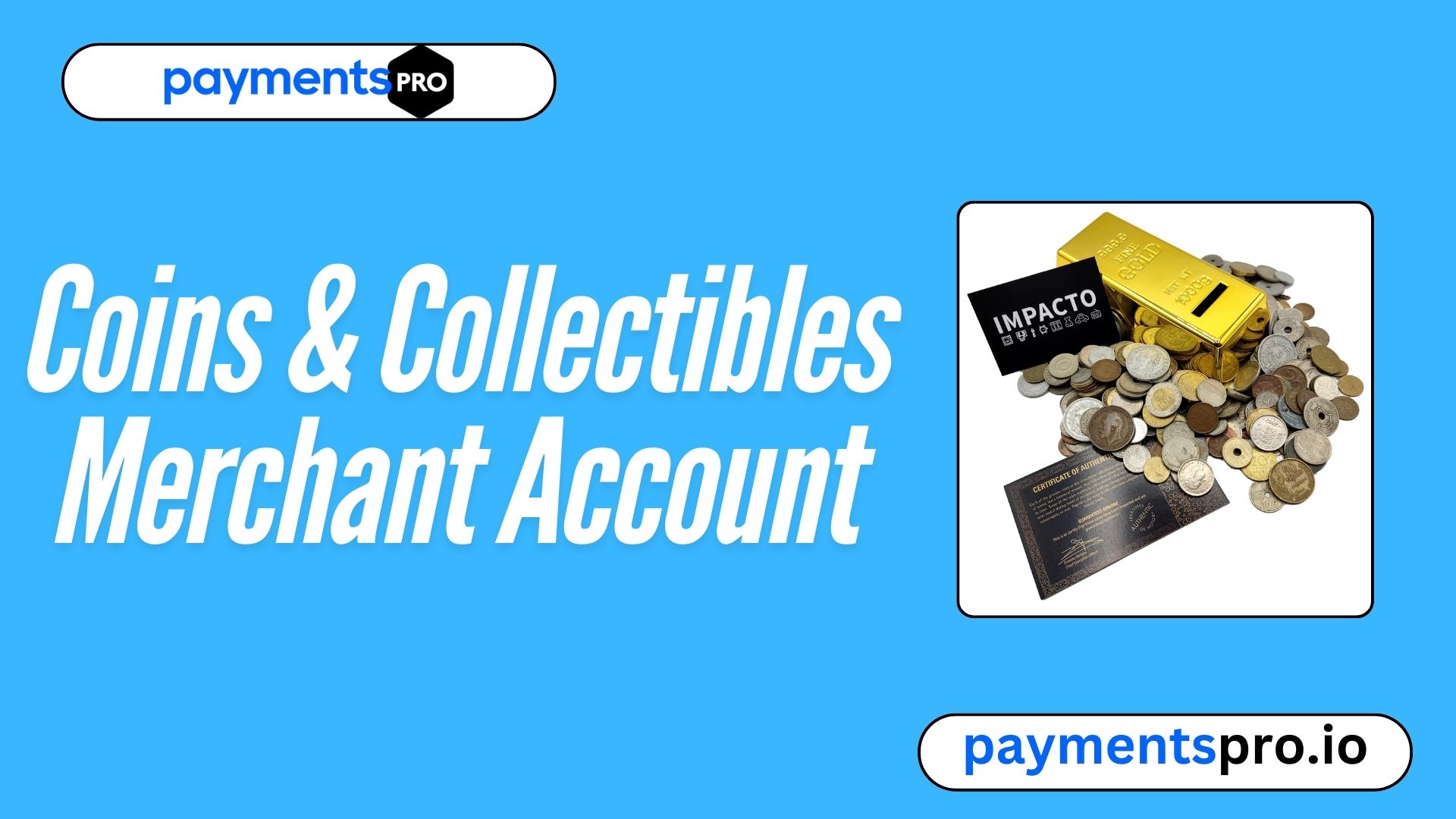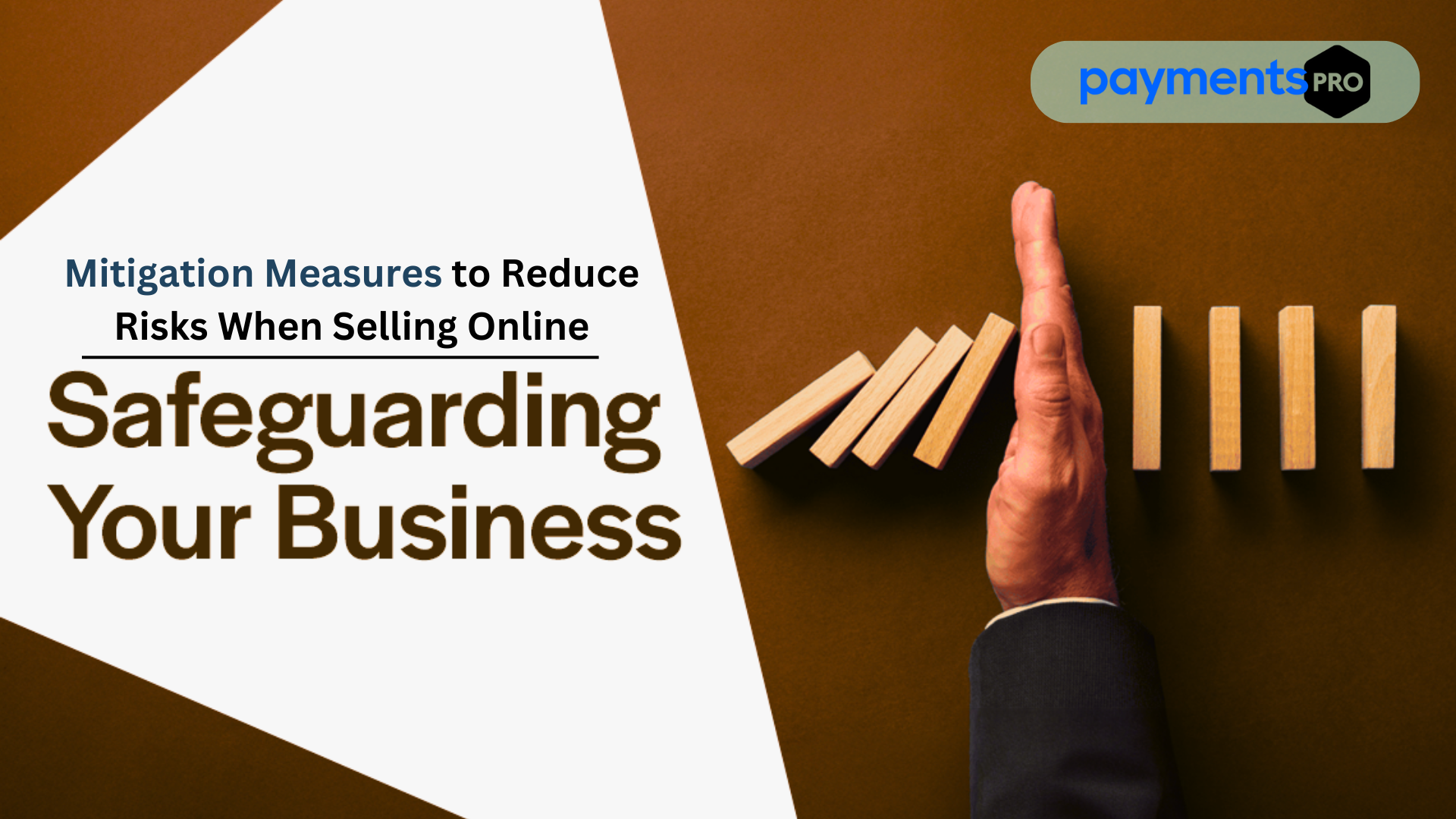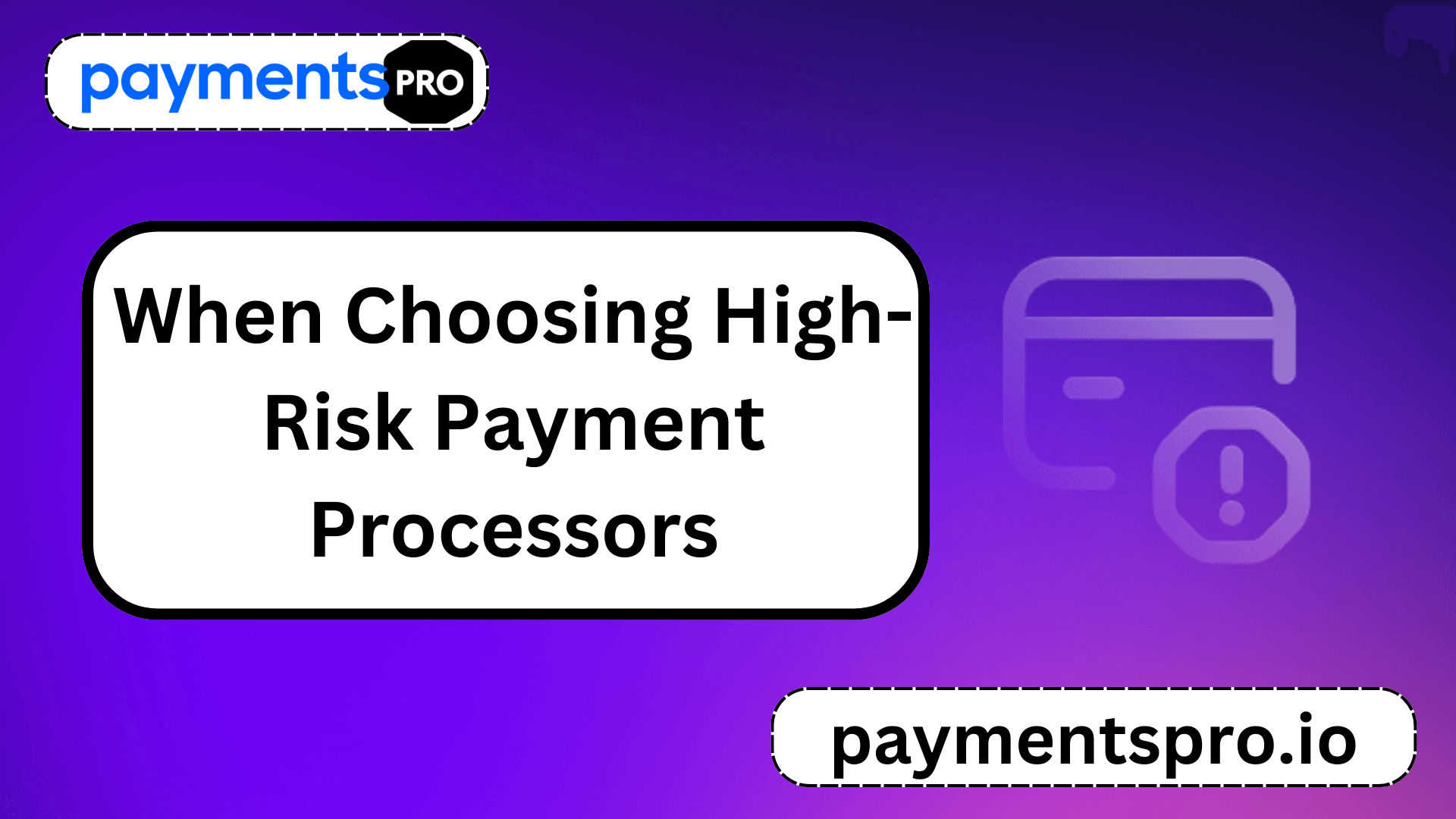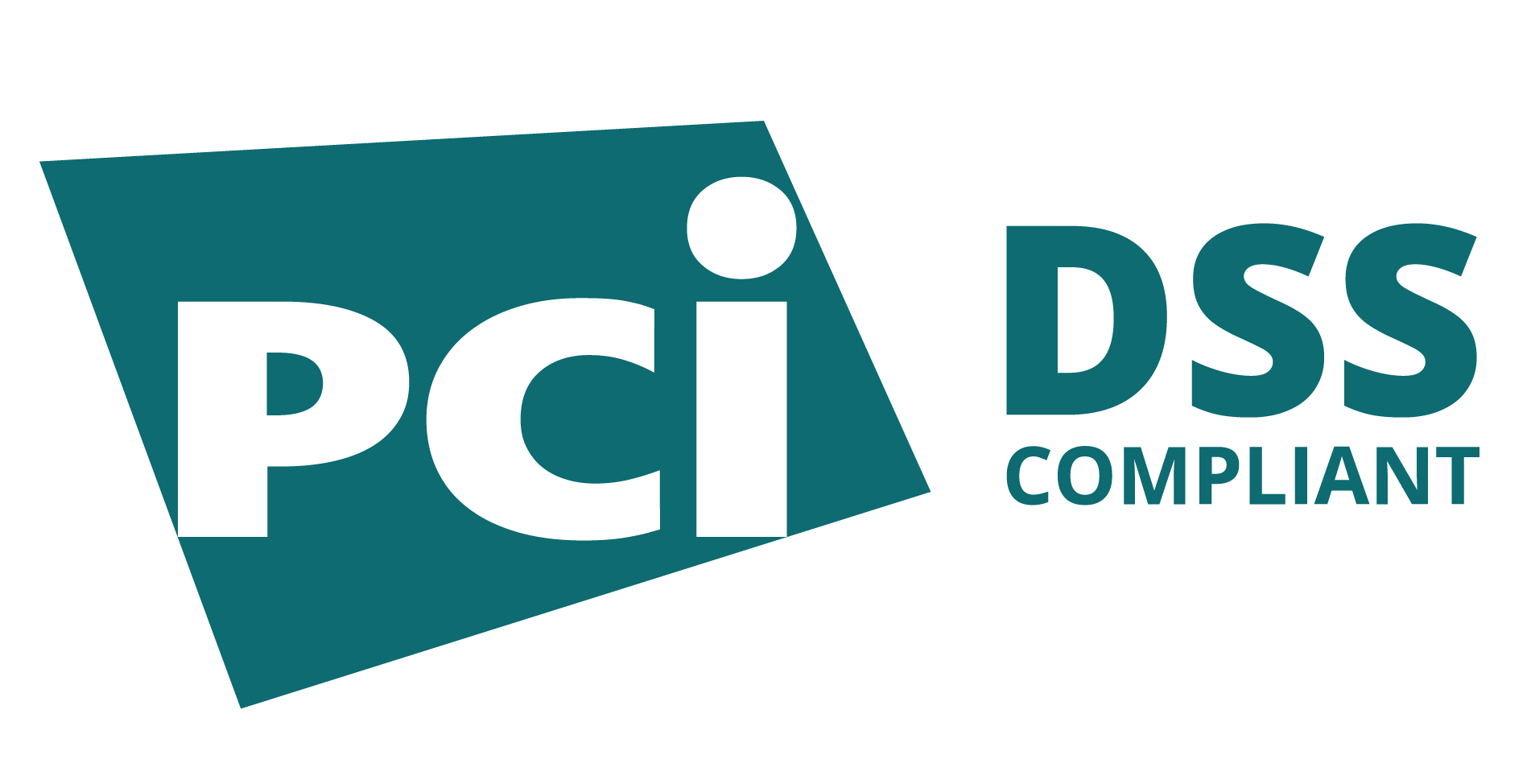The coins and collectibles industry is a thriving market, with enthusiasts and investors alike seeking rare and valuable items to add to their collections. Whether it’s rare Coins & Collectibles, antique memorabilia, or vintage collectibles, this niche requires a specialized payment processing solution to cater to its unique challenges and opportunities. Here, we’ll delve into the essentials of merchant accounts for such businesses, the benefits, and how to choose the right provider.

What is a Coins & Collectibles Merchant Account?
A merchant account is a type of business bank account that allows merchants to accept and process electronic payments, including credit and debit cards. For such businesses, a customized account comes with specific features and considerations tailored to the industry’s requirements. These accounts facilitate seamless transactions, ensuring both buyers and sellers can confidently trade high-value or niche items.
Why Do Coins & Collectibles Businesses Need a Specialized Merchant Account?
The nature of such industry makes it different from standard retail operations. Here’s why a specialized account is essential:
- High-Value Transactions: Coins and collectibles often involve high-ticket items, making it essential to have a payment processing solution capable of handling large transactions without delays or rejections.
- Risk Management: This industry is considered at risk by many payment processors due to factors like fraud, chargebacks, and fluctuating item values. A specialized account is equipped to mitigate these risks.
- Niche Market Requirements: The target audience for such businesses is typically knowledgeable and demands secure and reliable payment methods. A tailored solution ensures customer satisfaction and trust.
Why Coins & Collectibles Businesses are Considered High-Risk?
Such an account is classified under risk for a variety of reasons, making it difficult to find a payment solution:
Authentication and Fraud:
- Difficulty in verifying the authenticity of items.
- Attractive targets for fraudsters and scammers.
- Payment disputes and legal action due to disputes over authenticity.
- High-value items targeted by fraudsters using stolen credit cards and other forms of payment fraud.
Pricing and Value:
- Unique nature of items can make it difficult to price.
- Buyers may have unrealistic expectations of the value of items.
- Disputes and chargebacks can occur if buyers feel they have paid too much for an item.
Shipping Risks:
- High-value items pose a risk during shipping.
- Lost or damaged shipments can lead to disputes and chargebacks.
- Shipping internationally presents additional challenges and risks.
These merchants face significant risks when selling online due to the high value, rarity, and uniqueness of the items they sell. To mitigate these risks, merchants should implement strong fraud prevention measures, maintain accurate inventory records, and use secure payment and shipping methods. By taking these precautions, such merchants can protect their businesses and their customers from the risks associated with selling online. For professional numismatists buying and selling rare coins, precious metals, and collectibles, this can be very frustrating as they have a good brick-and-mortar store and are looking for expansion through selling via online and e-commerce.
Mitigation Measures to Reduce Risks When Selling Online

- Use Secure Payment Gateways: Fraudulent transactions are a significant risk. Using a secure payment gateway with fraud prevention tools like 3D Secure can help minimize the risk of chargebacks and fraudulent payments.
- Verify Buyers’ Identities: Request proof of identification, such as a driver’s license or passport, and match the information provided with the payment details.
- Set Clear Policies: Have clear and concise refund, return, and exchange policies. Communicate these policies clearly to your customers.
- Use Tracking and Insurance for Shipping: For rare Coins & Collectibles , use a tracking service and insurance to protect against lost or damaged items during transit.
- Maintain Accurate Inventory: Avoid overselling or selling items that are out of stock by keeping accurate inventory records.
- Use Secure Packaging: Protect items during shipping by using secure packaging to reduce the likelihood of damage or disputes.
- Stay Informed of Market Trends and Risks: Keep up to date with trends and risks, such as counterfeit items, and take measures to mitigate them.
Being a High-Risk Merchant vs. a Regular Merchant
Certain merchants classified as high-risk face several differences compared to regular merchants:
- Higher Payment Processing Fees
- Lengthier Application Process
- Higher Chargeback Fees
- Cash Reserve Requirements
- Capped Reserve
- Rolling Reserve
- Upfront Reserve
- Volume Caps
- Additional Technical Requirements
- Being on the TMF/MATCH List: Managed by Mastercard, this list monitors merchant behavior, including chargeback history.
Other Risk Factors:
Other factors that may classify such merchants as high-risk include:
- Accepting subscription-style payments.
- High average transaction sizes.
- High sales volumes.
- Highly regulated industries.
- International sales.
- Large number of card-not-present transactions.
- Little to no business experience.
- Long fulfillment time frames.
- New or poor credit scores.
- Past fraud or illegal activity.
Incorporating Key Elements of the Industry
- Understanding Coin Values: Explore old coin values, US coin values, and silver coin values for accurate pricing strategies. Utilize coin appraisal services to establish credibility and ensure fair transactions.
- Niche Coins and Collectors: Cater to rare coins worth money, including rare 50p coins, rare Australian coins, and rare US coins. Engage with collectors through communities looking for unique coins, vintage coins, and antique coins collections. Highlight royal mint coins and special series like national park quarters.
- Connecting with Local Buyers: Use search phrases such as coin dealers near me and coin collectors near me to attract a local audience. Provide tailored services for those looking to buy old coins or sell rare euro coins.
How Coins & Collectibles Merchants Can Find a Payment Provider?
Securing a payment processing partner as a high-risk business takes effort, but it is possible by focusing on:
- Maintaining Healthy Cash Levels: Most processors prefer businesses with healthy cash levels in their bank accounts.
- Reducing Chargebacks: Analyze chargeback causes and implement strategies to reduce them.
- Being Transparent: Disclose all relevant information during the application process. Be open and honest about your business operations.
- Keeping Documents Ready: Have six months of bank statements and a few years of tax returns ready for submission. Requirements vary by processor.
- Following Processor Guidelines: Discuss with your payment provider to understand their recommendations and reduce your risk profile.
Why Choose Payment Pro?
Payment Pro is a reliable and specialized payment solution provider that understands the unique challenges of this industry. Here’s why you should choose Payment Pro:

- Tailored Solutions: We offer specialized accounts designed specifically for high-risk industries like. Their solutions are built to manage large transactions, fraud prevention, and chargeback mitigation.
- Fraud Protection Tools: Payment Pro integrates state-of-the-art fraud protection tools such as 3D Secure, encryption, and secure payment gateways, helping to protect your business from fraud and chargebacks.
- Fast, Secure Transactions: With Payment Pro, your transactions are processed securely, ensuring that both buyers and sellers have peace of mind when handling valuable collectibles.
- Global Reach: Payment Pro supports international transactions, enabling you to sell your collectibles to a global audience with ease.
- Risk Management: Payment Pro understands the risks associated with high-value transactions and offers features that help reduce chargebacks, ensure compliance, and protect your business from unnecessary losses.
- Customizable Features: We offer customizable solutions to meet the specific needs of your business, whether you’re a brick-and-mortar store expanding online or a full-time online merchant.
- Reliable Support: Payment Pro offers responsive customer support, ready to assist you with any issues or queries related to your payment processing setup, ensuring minimal downtime and smooth operations.
With Payment Pro, you can ensure secure, reliable payment processing for your business, allowing you to focus on growth and customer satisfaction.
Conclusion:
A Coins & Collectibles Merchant Account is a game-changer for businesses in this unique industry. By providing tailored solutions for high-value transactions, risk management, and customer satisfaction, these accounts empower merchants to thrive in a competitive market. To navigate the challenges of being a high-risk merchant, it’s crucial to implement mitigation measures, maintain transparency, and partner with the right payment provider. With the right approach, certain merchants can expand their operations and build a trustworthy payment infrastructure.
FAQs
What is a Coins & Collectibles Merchant Account?
Such an account is a specialized business account that allows merchants to accept electronic payments, such as credit and debit cards, for high-value items.
Why are such businesses considered high-risk?
Your business is considered high-risk due to factors like high-value transactions, fraud risks, chargebacks, pricing challenges, and shipping risks inherent in selling rare and valuable items.
What are the key benefits of a specialized merchant account?
Specialized accounts offer benefits such as secure payment processing, fraud prevention tools, the ability to handle high-ticket transactions, and customized risk management features.
What are chargebacks, and how can I reduce them?
Chargebacks occur when a customer disputes a charge. To reduce them, implement fraud prevention tools, verify buyer identities, use tracking and insurance for shipments, and set clear policies for returns and refunds.
How can I verify the authenticity of rare Coins & Collectibles?
You can work with certified numismatists or professional appraisers to verify the authenticity of items. Using these services also adds credibility to your business.
What is 3D Secure, and why is it important?
3D Secure is an authentication method that adds an extra layer of security for online transactions, helping to reduce fraud and chargebacks by verifying the cardholder’s identity during the payment process.
How do I ensure the safety of my items during shipping?
Use secure packaging, opt for tracked shipping services, and insure high-value items to ensure that they are protected during transit and that you are covered in case of damage or loss.
What’s the difference between a capped reserve, rolling reserve, and upfront reserve?
A capped reserve is a set percentage of sales that the processor holds. A rolling reserve is a percentage held from each transaction and released after a certain period. An upfront reserve requires merchants to deposit a lump sum as security.
Can I sell internationally with a Rare Coin Merchant Account?
Yes, but international sales come with additional risks, such as shipping challenges, fraud, and currency exchange issues. Be sure to check with your payment processor to ensure they can handle international transactions securely.
How long does it take to set up a Coins specialized Merchant Account?
The setup time varies depending on the payment provider, but it can take anywhere from a few days to several weeks, especially for high-risk businesses, as additional documentation and checks may be required.


